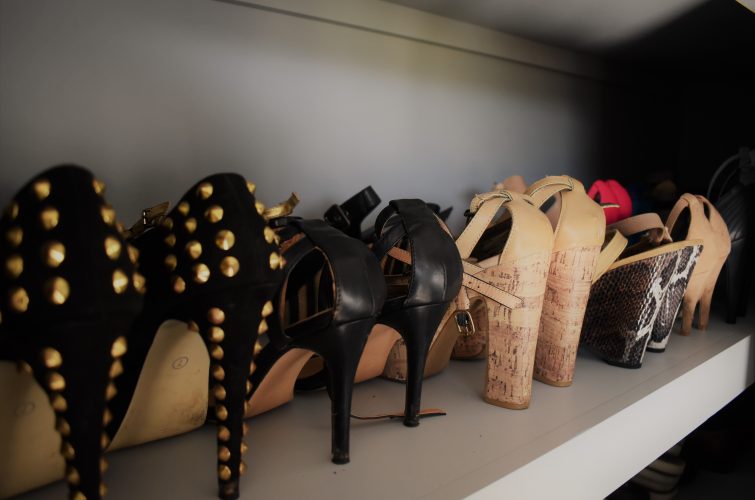
The overwhelming international success of Japanese declutter enthusiast Marie Kondo must have some substance to it. What with the millions of books sold on the topic, Marie’s Netflix series, reality TV shows and info segments on our free to air TV channels must mean we are all looking for more of that feeling – whatever that is – we love it!
It’s not surprising that our physical environment influences our cognition, emotions and subsequent behaviours.
A little research gleans so much science – which I hope you find as fascinating as I do.
The human brain likes order, and so when clutter and chaos are present this has shown to increase cortisol (stress hormone) levels. This has a flow on effect on stress, anxiety, impaired immunity, reduced sleep quality, and even weight gain due to lowered metabolism.
A study of women in 2009* with increased cortisol had untidy and cluttered homes, and this correlated to depressive symptoms in addition to heightened anxiety. Mess in the home may be a sign of depressive illness, as well as a symptom. In more extreme situations, the habits shown by hoarders with loss of insight and ability to manage are signs of more severe mental health issues.
On the upside – other women in the 2009* study who did not have elevated cortisol lived in clean, tidy and more organised homes – which in turn reduced their distraction with any mess and clutter. These women ate better, were more focussed, exercised more regularly and slept better.
An English Neuroscientist, Sophie Scott from University College London agrees that decluttering and tidying practices, such as colour coordinating a bookcase or sorting out a pantry act as rewards, stimulating dopamine, the neurotransmitter known as the brain’s pleasure chemical.
Conversely, there are some people whose brain plays tricks on them and they actually feel physical pain when throwing things away. This would underpin the behaviours of those who find it exceedingly difficult to part with objects others would not have issues with – or perhaps enjoy.
So whether it is the positive dopamine from your organised home, or the negative cortisol from the chaos – one thing is for sure, there is a lot of agreement that being organised is beneficial in many ways for one’s wellbeing.
While we continue to work alongside our home organising clients, we may not impact 11 million like Marie Kondo – but we do know that the lives we change on a daily basis are heart-warming, and now we have the scientific evidence to boot, which must Spark Joy!
*Nov 2009, Personality & Psychology Bulletin, “No place like home…” Repetti, R. Saxbe, D.E.